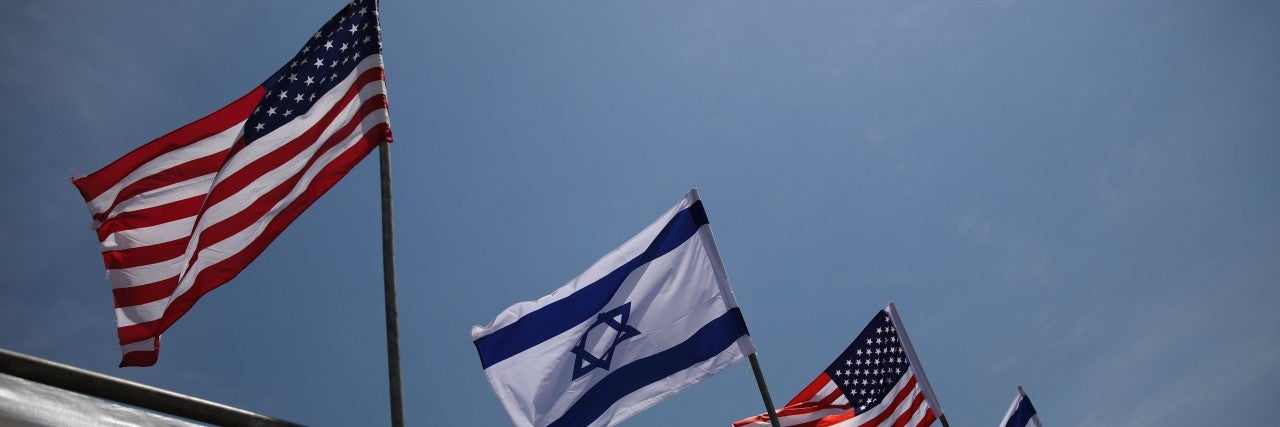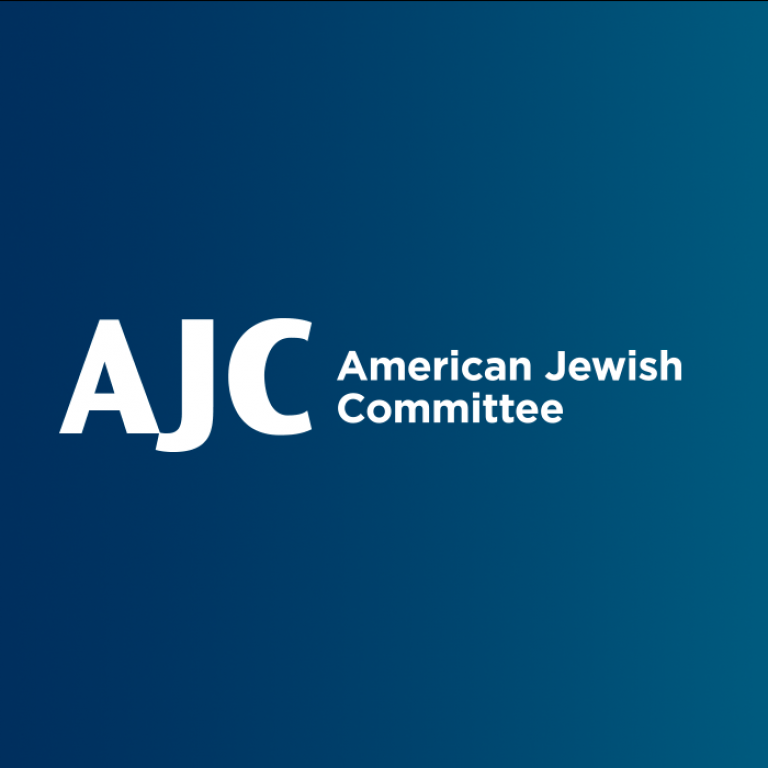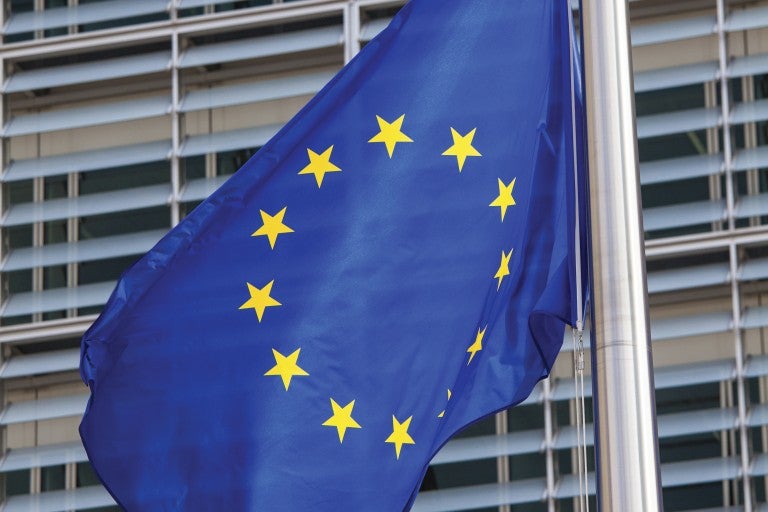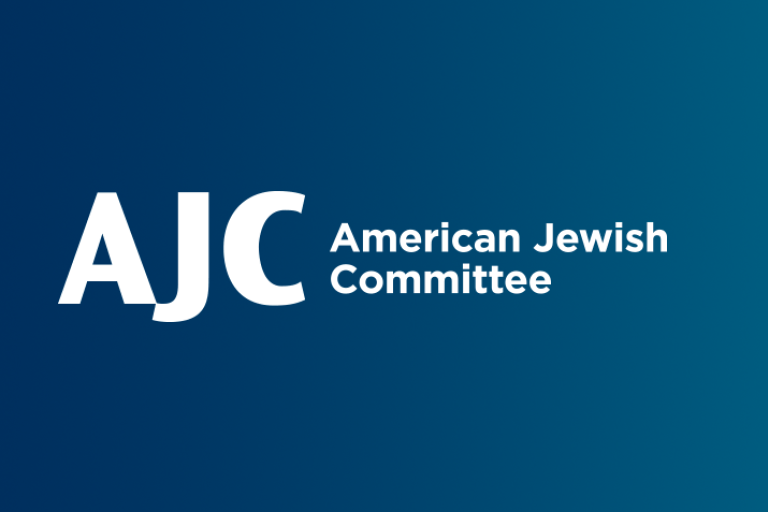June 15, 2021
More than half of the world’s Jewish population lives in the Diaspora, most of them in America. The rest live in Israel.
But only half of Israeli Jews know that. Meanwhile, just more than a third (37%) of Americans Jews know how much of the world’s Jewish population lives in the native land of the Jewish people.
American Jewish Committee’s 2021 Surveys of American and Israeli Jewish Opinion released Monday reveal gaps in knowledge about Israel among American Jews and a lack of education and curiosity about American Jews among Israelis.
Here are five things both communities should learn about each other to build a stronger relationship between Israel and the Diaspora and ensure the long-term future of the Jewish people.
- Israeli Jews should know that American Jewry includes a spectrum of rich traditions. It does not revolve around fighting with people who hate us.
According to the survey, only 39% of Israeli Jews knew the percentage of American Jews who define themselves as Reform, a denomination that makes up only a tiny sliver of the Israeli Jewish population.
Only 22% of Israelis said they understand Jewish denominations well, but more than double the percentage of respondents (49%) said they felt comfortable talking about antisemitism in the Diaspora.
“We want Israeli Jews to understand Diaspora Jewry is not just about antisemitism,” said Laura Shaw Frank, AJC Director of Contemporary Jewish Studies. “While it’s certainly an issue of growing concern, we have a very vibrant and rich Jewish life here. That’s hugely important.”
- American Jews should know more about Israel’s past and present, but especially its present.
When given a pop quiz about basic Israel history and demographics, only 12% of American Jews answered all the questions correctly.
Asked what year the modern-day state of Israel was founded, 84% of American Jews answered correctly with 1948. About 65% knew Israel acquired the Golan Heights and Sinai Peninsula in the Six Day War. Nearly half (49%) knew that David Ben Gurion was the first prime minister. Meanwhile, only 39% know that more than a third of the world’s Jews live in Israel.
- Israeli Jews should know that Mrs. Maisel and Seinfeld are not archetypes of American Jewry. Jewish education should include lessons about the Diaspora.
A whopping 69% of Israeli Jews received either no education about the Diaspora or reported that their education was not comprehensive.. Of those who say they did receive comprehensive education, a mere 44% said they got it in school while 29% said they learned about American Jews from television and movies. Woe unto us if one of the primary places Israelis learn about American Jews is via the unrealistic and inaccurate way we are typically portrayed on television and in movies!
The lack of education seems to fuel a lack of curiosity. Less than half of Israelis (47%) want to learn about American Jews. Most (62%) who received comprehensive education about the Diaspora said they want to learn more.
“Being able to work together for a rich Jewish future requires that we have nuanced and complex understandings of one another," Shaw Frank said. "That means more and higher quality education, which will lead to more curiosity and a desire for even more education."
- American Jews should know Israeli Jews consider all Jews family, while Israeli Jews should know they have an open invitation to visit synagogues and homes when they’re in the U.S.
More than 86% of Israelis consider American Jews to be family with 45% thinking of us as extended family; a quarter consider us siblings; and a fifth consider us first cousins.
Even though 67% of Israeli Jews have family or friends living in the U.S., less than half (47%) have visited the U.S. Of those, only a quarter said it strengthened their connection to American Jews. The rest said it had no impact on their connection to Americans Jews or weakened their connection.
But the 46% of American Jews who have visited Israel report the inverse impact. Nearly three-quarters (73%) of those who have visited said it strengthened their connection and a little more than a quarter said it had no impact or weakened their bond to the Jewish state.
“Israelis don’t use visits to America as an opportunity to get to know the Diaspora community,” Shaw Frank said. “We want to get to know you. If we are family, then get to know us better. The American Jewish community should also be thinking about how to connect with visiting Israelis. It’s on us too.”
- Both Israeli and American Jews should know that our responsibility for each other is a two-way street.
According to the survey, about three-quarters of Israeli Jews believe a thriving diaspora is as important as the state of Israel and vital to the long-term future of the Jewish people. Why? More than a third (36%) of Israeli Jews said American Jews advocate for Israel with their government; 27% said variety adds to the strength of the Jewish people; and nearly a quarter (24%) said Diaspora Jews support Israel with funding.
But less than half (46%) of Israelis said the Jewish state is responsible for taking care of Jews in the Diaspora.
“One thing we want to tell our Israeli brothers and sisters is we want more mutuality,” Shaw Frank said. “We’re responsible for taking care of each other. Israeli Jews should also be advocating for Diaspora Jews.”





